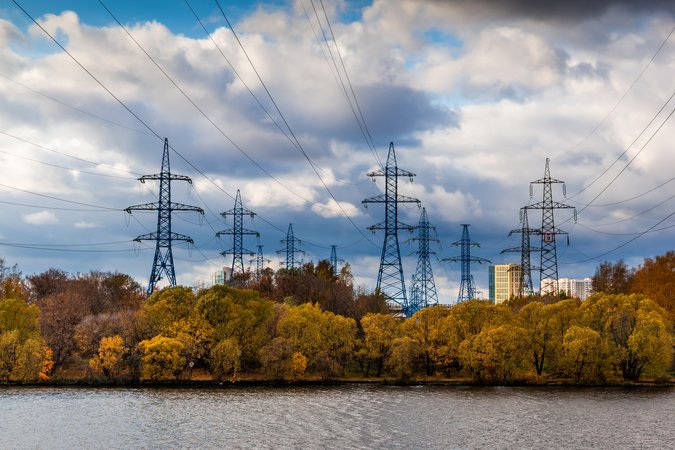Together, the Inclusion of the Power Sector in the New York Cap-Trade-and-Invest Program and Facility-Specific Caps Help Disadvantaged Communities
A new issue brief explores ways to make New York State’s cap-trade-and-invest system more effective at reducing emissions near disadvantaged communities.
Disadvantaged communities in New York State bear a disproportionate burden of pollution from fossil fuel combustion. Over the past three years, a partnership between Resources for the Future (RFF) and the New York City Environmental Justice Alliance (NYC-EJA) has sought to identify policy options that New York State could adopt to reduce this burden.
Building on work published this spring, a new issue brief explores ways to make the state’s cap-trade-and-invest system more effective at reducing emissions near disadvantaged communities. The analysis explores the emissions effects of requiring power-sector facilities to purchase allowances under the program as well as capping carbon dioxide emissions from individual power plants. The research team hopes that this new policy analysis will inform the state as it finalizes its cap-trade-and-invest regulations and seeks to meet the emissions-reduction mandates in the Climate Leadership and Community Protection Act.
The analysis reveals that including the power sector in the cap-trade-and-invest program as well as implementing facility-specific caps offer the greatest power-sector greenhouse gas and copollutant emissions improvements compared to excluding the power sector and not using facility-specific caps. These combined policies create the most emissions benefits statewide and for areas surrounding disadvantaged communities.
The issue brief also finds that if the state ultimately decides to not require power-sector facilities to purchase allowances in a cap-trade-and-invest program, facility-specific caps become even more important in reducing fine particulate matter and other pollutants that harm disadvantaged communities.
For more information, read the issue brief, “Prioritizing Justice in New York’s Cap-Trade-and-Invest: Obligating Electricity and Capping Generator Emissions,” by Molly Robertson (RFF), Eunice Ko (NYC-EJA), Eddie Bautista (NYC-EJA), Alan Krupnick (RFF), and Wesley Look (RFF).
Resources for the Future (RFF) is an independent, nonprofit research institution in Washington, DC. Its mission is to improve environmental, energy, and natural resource decisions through impartial economic research and policy engagement. RFF is committed to being the most widely trusted source of research insights and policy solutions leading to a healthy environment and a thriving economy.
Unless otherwise stated, the views expressed here are those of the individual authors and may differ from those of other RFF experts, its officers, or its directors. RFF does not take positions on specific legislative proposals.
For more information, please see our media resources page or contact Media Relations and Communications Manager Annie Tastet.






